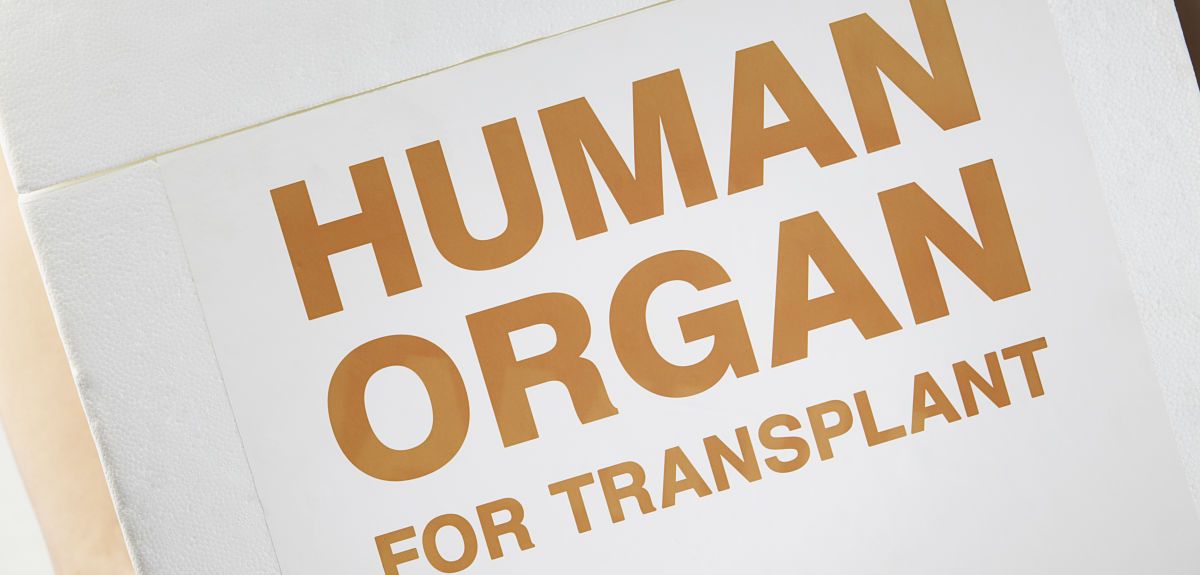
Image credit: Monkey Business Images/ Shutterstock
Dying For a Transplant
Dr Zeeshan Akhtar is a Royal College of Surgeons Research Fellow and Scientific Secretary of the COPE Consortium, which aims to advance and develop organ preservation technologies. Here, he writes about his research into how we could ensure more organs are suitable for transplant.
By the time your day is over 10 people in the UK will have been diagnosed with organ failure, a process by which one of their vital organs (used for sustaining life) fails. Their only hope for long term survival is to receive a lifesaving organ transplant. In the UK there are over 6900 people on the waiting list for an organ. Approximately one third of these patients will not receive a transplant. They will either die whilst on the waiting list, or become too unwell to undergo the transplant operation itself. For these patients the waiting list is the most unfair of death sentences.
In the UK there are over 6900 people on the waiting list for an organ.
Transplant not only saves lives but also improves the quality of life for patients. Consider those with kidney failure who are dependent on dialysis, an artificial 'filter' which cleans their blood of waste products. They often have to undergo dialysis 3-4 times a week for 4-5 hours at a time. Holding down jobs, going on holiday and the things many of us take for granted are simply not possible for them. Transplant offers freedom.
The chronic shortage of suitable organs for transplant has been a major challenge for the medical community in the last decade. This is predicted to worsen as the population ages and with chronic diseases such as diabetes on the increase. Health complications associated with obesity and smoking also mean more and more people will have kidney, liver, pancreas, heart and lung failure.
To begin to address this urgent need, doctors are now considering organs that previously would have not been deemed suitable for transplant, including organs from older donors who have had large strokes. The size of their stroke is substantial enough to stop their brain from functioning irreversibly, a process known as brain death. The organs from these older donors sometimes have poorer outcomes, but knowing how these organs will function both immediately after transplant and in the long term remains unknown.
My research focuses on kidney and liver transplantation, with an interest in understanding how organs become injured during the brain death process and determining what can be done to protect and preserve organ function. In addition to this, I aim to develop methods which will allow us to predict the outcomes of transplant using information from the donor, providing doctors with a more definitive risk analysis to help them to decide whether to transplant an organ or not.
We are aiming to develop a type of 'barcode' using these markers, which will in the future help us decide whether an organ should be transplanted or not.
My research has focused on the impact of brain death on the kidney and has indicated that organs from brain dead donors are significantly injured, even before they are removed from the donor for transplant. I have shown in the kidney that mitochondria, the 'powerhouse' of cells, responsible for energy production, are affected by brain death even after relatively short periods of time (up to 4 hours). Consequently cells can no longer produce sufficient energy through the usual means and rely on other, less efficient, pathways for energy production, such as energy production from pathways not involving mitochondria. The damaged mitochondria produce harmful waste products which further damage cells. We believe that the damaged mitochondria may be a significant reason why kidneys from such donors have poor outcomes. To rescue these organs I am investigating whether activating the cells own defence mechanisms to hypoxia can protect against mitochondrial injury in the brain dead donor.
I am also part of a team investigating whether we can rescue organs such as the kidney and liver once they are removed from the donor. These organs are typically placed on ice for transport and storage until they are implanted into the transplant recipient. We are investigating whether restoring a blood supply to the organ by connecting them to a machine which pumps blood through the organ at normal body temperature will protect it during transport and storage.
If we don't address the organ shortage today this will have an even greater impact in years to come.
We are also looking to establish whether we can develop a 'molecular profile' of organs for transplant to assess how damaged the organs are, and whether we can predict the outcomes of the transplant based on this. This will involve establishing what happens to cellular markers such as proteins, nutrients and waste products. We are aiming to develop a type of 'barcode' using these markers, which will in the future help us decide whether an organ should be transplanted or not.
My research focusses on major challenges in organ donation and transplantation. If we don't address the organ shortage today this will have an even greater impact in years to come. By developing these new insights, my research aims to increase the number of suitable organs for transplant. I believe that this research is a crucial step towards preventing deaths on the waiting list and lifting the death sentence for thousands of patients.